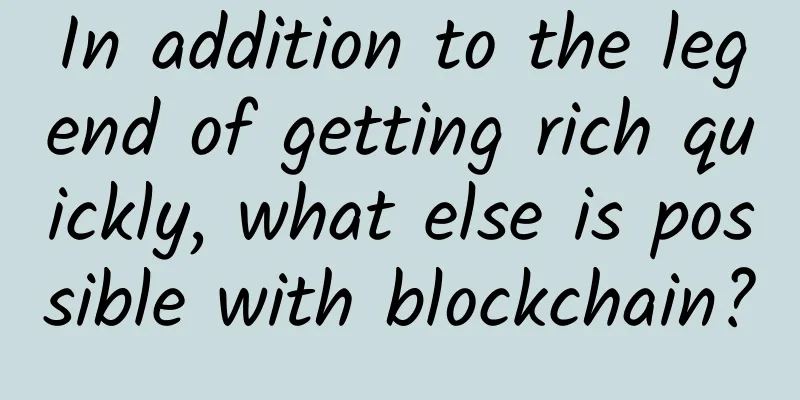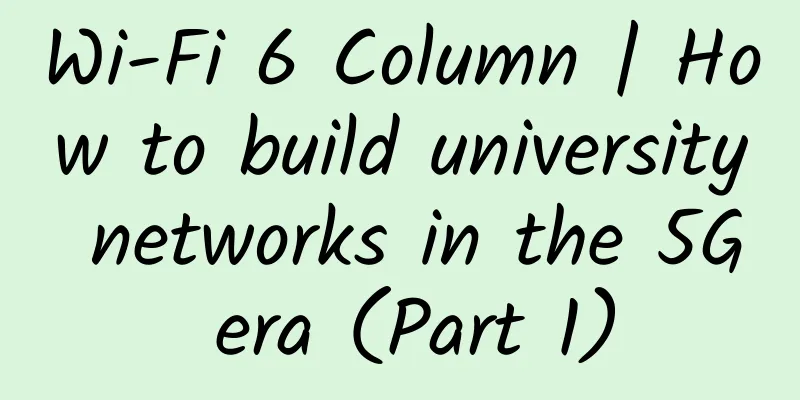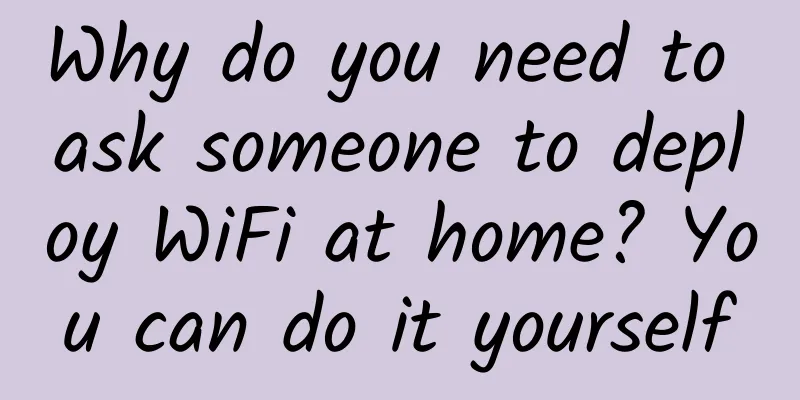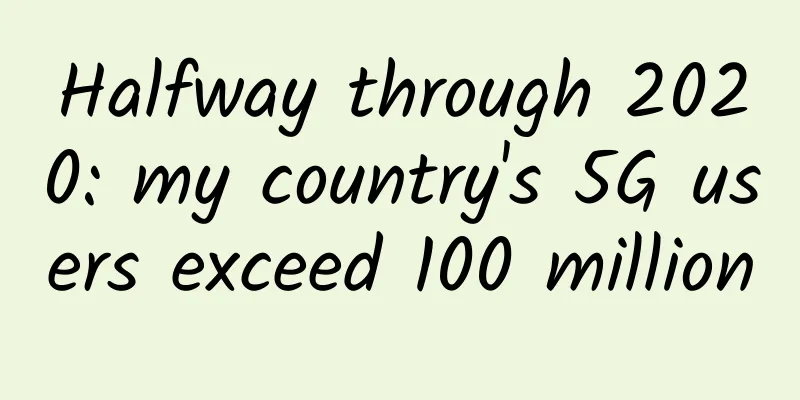5G Smart Solutions: What You Should Know About Smart Cities

|
A smart city is a place where traditional networks and services are made more efficient by integrating digital and telecommunications technologies. Its residents and businesses benefit from the increased efficiency. Developing a smart city that both improves quality of life and promotes sustainable development requires a combination of new technologies. Smart cities use the Internet of Things (IoT) to collect real-time data, understand consumer demand patterns, and then respond with adequate and more effective solutions. The overall concept of a digital city ecosystem is supported by multiple ICT frameworks that connect various devices, equipment, communication gateways, and data centers. 4G is the currently deployed wireless network, which was developed mainly to facilitate mobile data services, but there are several aspects that need improvement. Its disadvantages are high power consumption, limited number of simultaneous connections, and high cost. With 5G, cities will be able to solve and overcome the problems associated with IoT and smart cities. The impact of 5G on smart citiesThe characteristics of 5G networks will greatly enhance the digital experience and promote the development of smart cities. With the increase in data transmission speed, it will also ensure low latency. You will be allowed to connect to multiple devices at the same time. In other words, lower latency means sending and receiving signals at a faster speed. Data can be transmitted in real time using 5G within a range of at least 10 milliseconds, and with a delay as low as 1 millisecond. Even with thousands of devices connected, you will not experience any lag in speed or latency. Hence, 5G networks will offer a higher density of devices. Together, these features will revolutionize cities. Today, it’s not uncommon to experience a drop in internet connection quality in the middle of a crowded resort or stadium. 5G will make it possible for the first time to connect millions of devices simultaneously per square kilometer. In addition to personal devices such as smartphones, tablets, smart speakers and PCs, many other devices will be able to collect information and communicate with each other. Quite simply, the focus will be on simplicity and practicality in terms of power consumption. 5G networks thus remove a major barrier to the development of the IoT, which will be able to realize its potential in homes, manufacturing processes and public places. Smart Cities – The FutureFinally, 5G enables real-world applications such as energy monitoring, traffic enforcement, and smart parking, turning smart cities from theory into reality. Smart cities use technology, software solutions and data to significantly improve several important indicators of quality of life. This results in reduced traffic congestion, faster emergency response times, lower healthcare spending and reduced greenhouse gas emissions, generating potential savings. The Internet of Things opens up new business possibilities for companies and individuals, providing software solutions to manage complex IoT ecosystems and extract intelligent insights from data. |
<<: Vietnam to phase out 2G and 3G services from 2022
>>: Taiwan's 5G penetration rate is expected to reach 30% by the end of this year
Recommend
A must-read for professionals! Intuitive diagrams of weak current subsystems!
The most direct and effective way to get familiar...
HostingViet: Vietnam VPS annual payment 50% off 161 yuan/year, 1GB/20G SSD/unlimited traffic
HostingViet, a local host provider in Vietnam, wa...
Cisco and partners work together to build the Cisco (Guangzhou) Smart City industry ecosystem
In order to accelerate the development of Cisco (...
South Korea's largest telecom operator's server failure caused widespread Internet outages
According to CCTV Finance, starting at 11:20 a.m....
Where are the telecom operators headed in 2019?
Change leads to smooth flow, while no change lead...
China Unicom expects the number of 5G base stations to reach 700,000 by the end of this year
China Unicom recently released its financial resu...
Three misconceptions about 5G
In late 2019, IDC predicted that the number of 5G...
Year-end review: Communications industry in 2021
Hello everyone, I am Xiaozaojun. The short vacati...
Why the coronavirus pandemic makes 5G more important than ever
While 2020 has brought unprecedented challenges, ...
New 5G LAN technology advances QoS across the enterprise
As enterprises integrate 5G technology into their...
HostVDS: OpenStack cloud server from $0.99/month, San Jose/Dallas/Moscow and other data centers
HostVDS is a foreign hosting company founded in 2...
What does “IPv6” have to do with us ordinary people?
What is IPv6? Why did it attract widespread atten...
HTTP Cache Protocol Practice
1. What is Cache? Cache, also known as Cache, is ...
Let's talk about three kinds of custom networks in Docker (bridge, macvlan, overlay)
Docker provides a variety of network drivers, all...
ABC in the eyes of communication professionals...
[[375451]] As a communications engineer, I am exp...









